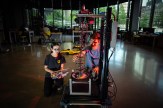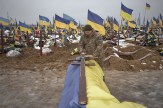Chess world champion Garry Kasparov says strengths of humans and AI can complement each other
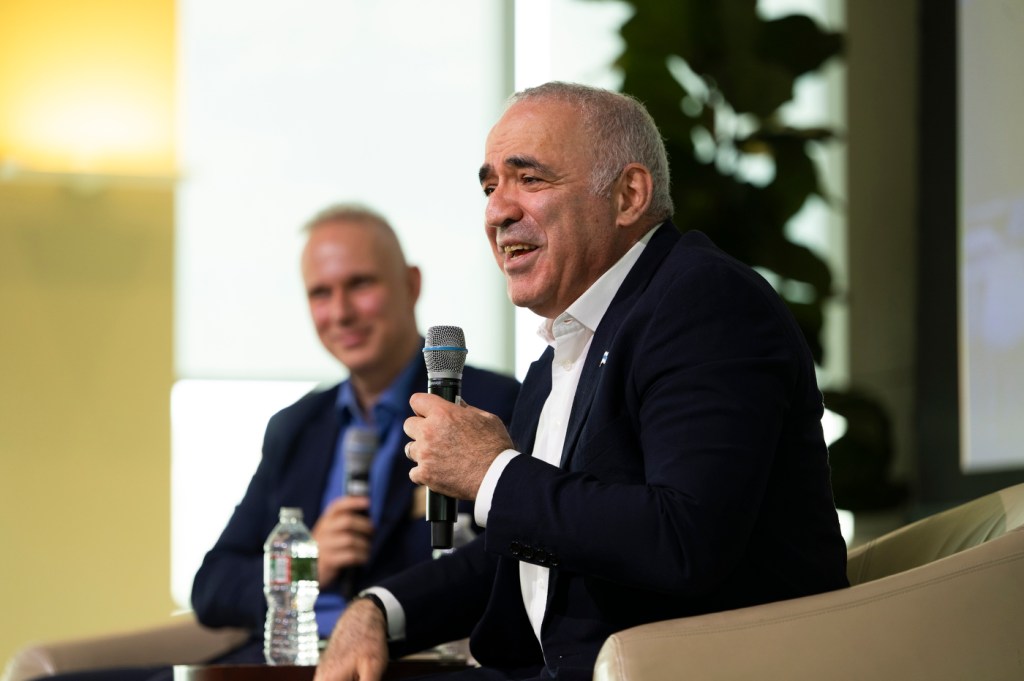
Like all chess grandmasters, Garry Kasparov, the world champion from 1985 to 2000, understands the concept of “thinking ahead” better than most.
When Kasparov lost a chess match against IBM’s Deep Blue supercomputer in 1997, he didn’t spend long licking his wounds and wallowing in defeat. Instead, he took the loss as an opportunity and decided he would use the technology to his advantage.
In 1998 in Leon, Spain, Kasparov used a supercomputer running chess software to help him win a match of “Advanced Chess.”
That proved to be a winning partnership. The machine did the math, while he was able to handle strategy, he recounted in a piece published in 2021 on AI and human collaboration he co-authored with David De Cremer, the Dunton Family Dean of Northeastern University’s D’Amore-McKim School of Business.
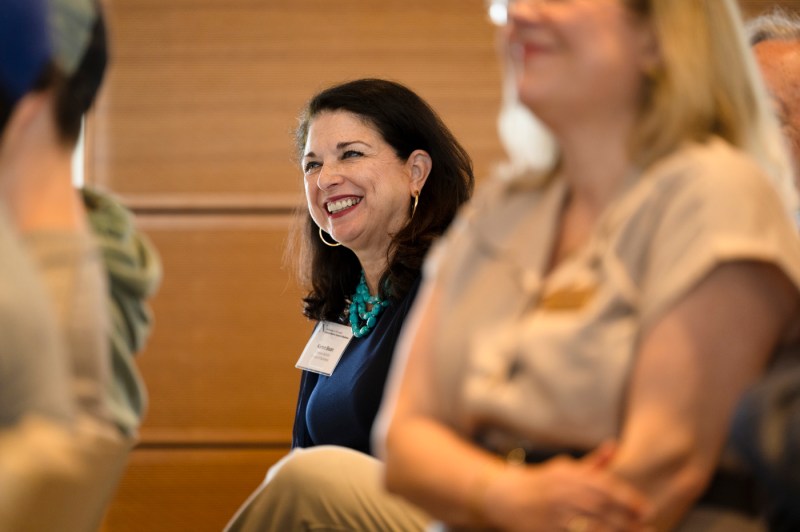
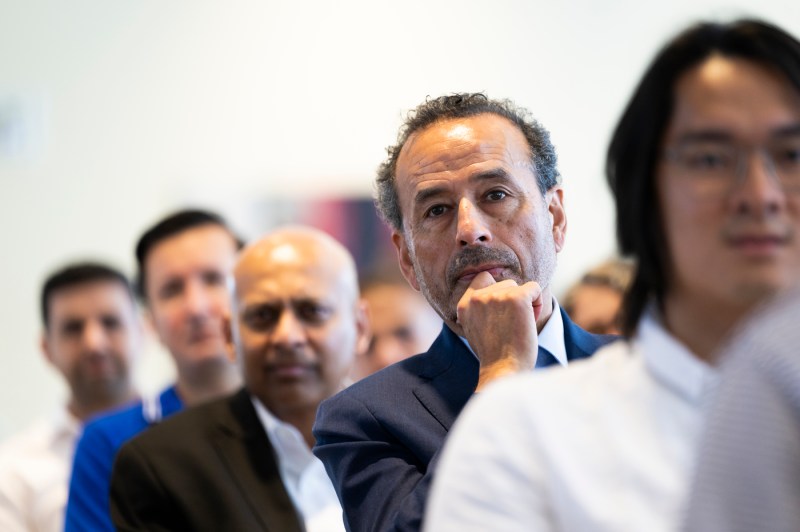
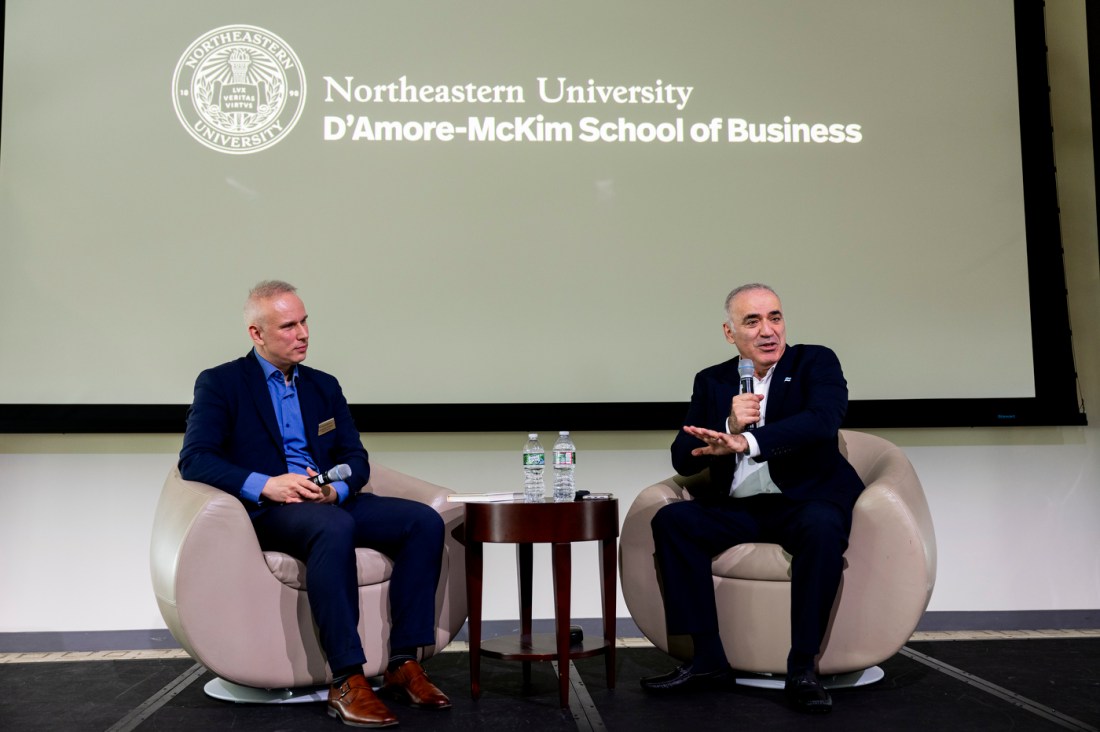
Over nearly three decades, Kasparov, a Russian-born political activist, writer and speaker has worked to understand the collaborative role artificial intelligence can have not only in the game of chess but in the future of work, play and overall human existence.
That’s what led him to develop his famous “Kasparov’s law,” which states that a human of average intelligence and an AI system working together in harmony is more effective than either working alone, and even more advantageous than a brilliant human working with a system poorly.
In other words, it’s all about developing a workflow where both the human’s strengths and the machine’s strengths are complemented and built upon.
As part of a new series at the D’Amore-McKim School of Business that’s focused on “business lessons, leadership and technology,” Kasparov recently sat down for a fireside chat and audience Q&A with De Cremer at East Village on Northeastern’s Boston campus to discuss his career, the future of AI and the game of chess.
Here are some highlights:
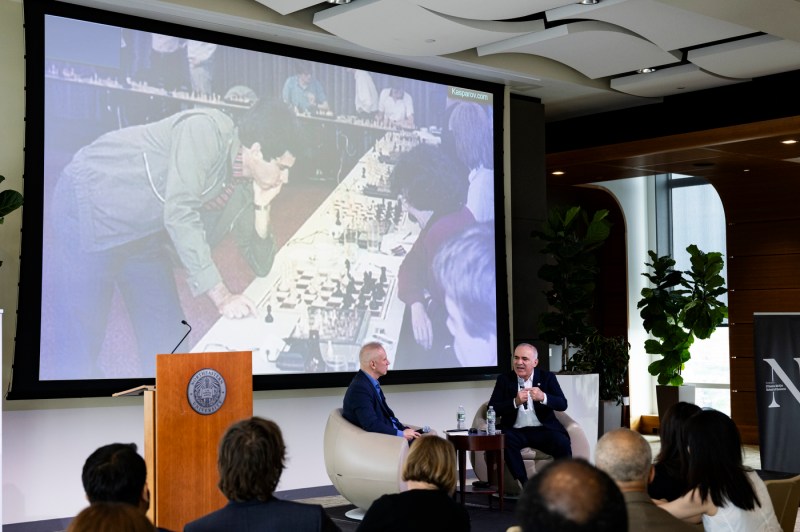
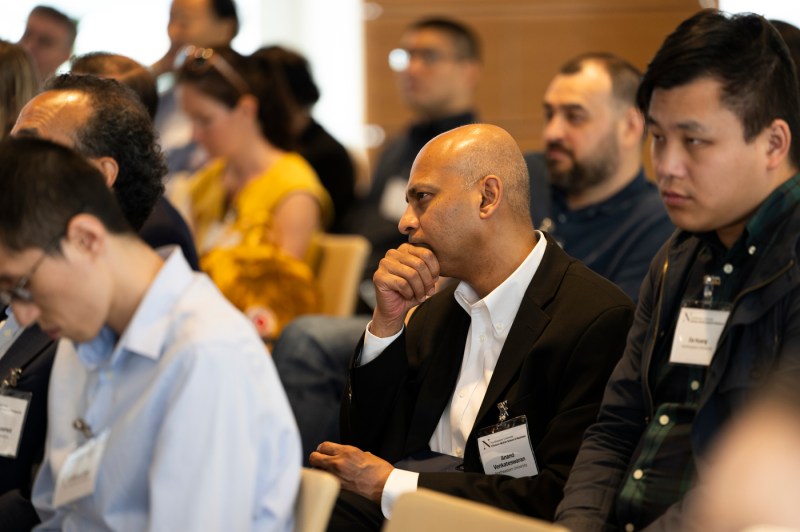
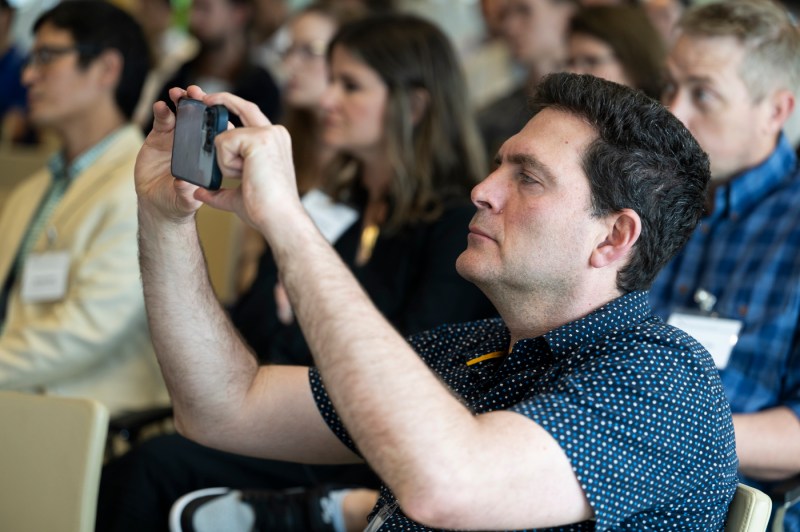
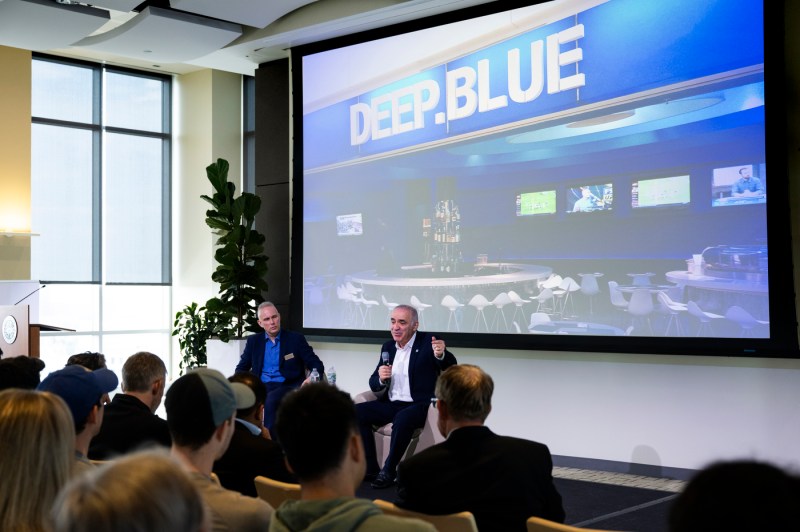
Reflecting on the 1997 loss to IBM’s Deep Blue
It wasn’t easy for Kasparov to admit defeat to Deep Blue.
“I thought I was cursed,” he recalled.
But it was from that defeat that Kasparov was able to develop his framework for ”Advanced Chess,” a new type of the game that involved players using computers to help them in matches.
That formed the basis of Kasparov’s law: “We found out that a weaker player with an older machine can beat a stronger player with a faster machine if he or she knows how to get the best synergy,” he said.
Featured Posts
Are AI-powered machines superior to humans?
It’s important to understand these AI-powered machines for what they are, Kasparov said. They do not have superior intelligence to humans. They are just programmed to be very good at specific tasks to help minimize mistakes and yield the best outcomes.
“Deep Blue was not intelligent at all,” he said. “It was as intelligent as your alarm clock, a very expensive one, a $10 million piece.”
But what these machines are good for is helping chess players recognize new play patterns and mathematics as they play their games.
How businesses can use AI systems to minimize risk
Kasparov said there is “no universal recipe” businesses should follow to adopt AI into their operations. A lot of it comes down to one’s own intuition and gut feeling.
“I think the biggest challenge facing business right now is that there’s so much available data that you can’t take your eyes off the screen, so the advantage comes when there’s a person who can actually recognize it’s time to make a decision,” he said.
The role chess can play in the educational system
Kasparov said he has long been a proponent of teaching chess in school.
“We have to start shifting the educational system from what to how, building bridges and recognizing patterns, and that’s where chess can help,” he said.
The lessons he learned from chess and the influence it’s had on his life
Chess is a game of strategy, he explained. Any good strategic thinker would tell you that the key to getting ahead is by capitalizing “on environments that benefit you the most.”
“It’s not about your style or your character,” he said. “It’s about your ability to create conditions where your strengths will be an important factor and your weaknesses will be less important.”








